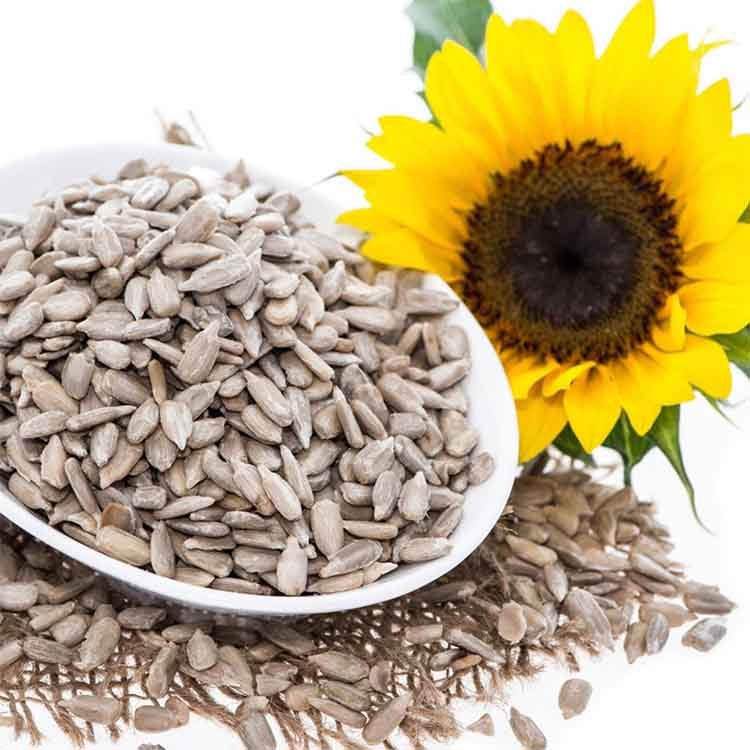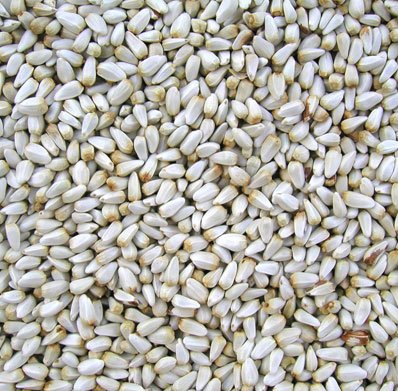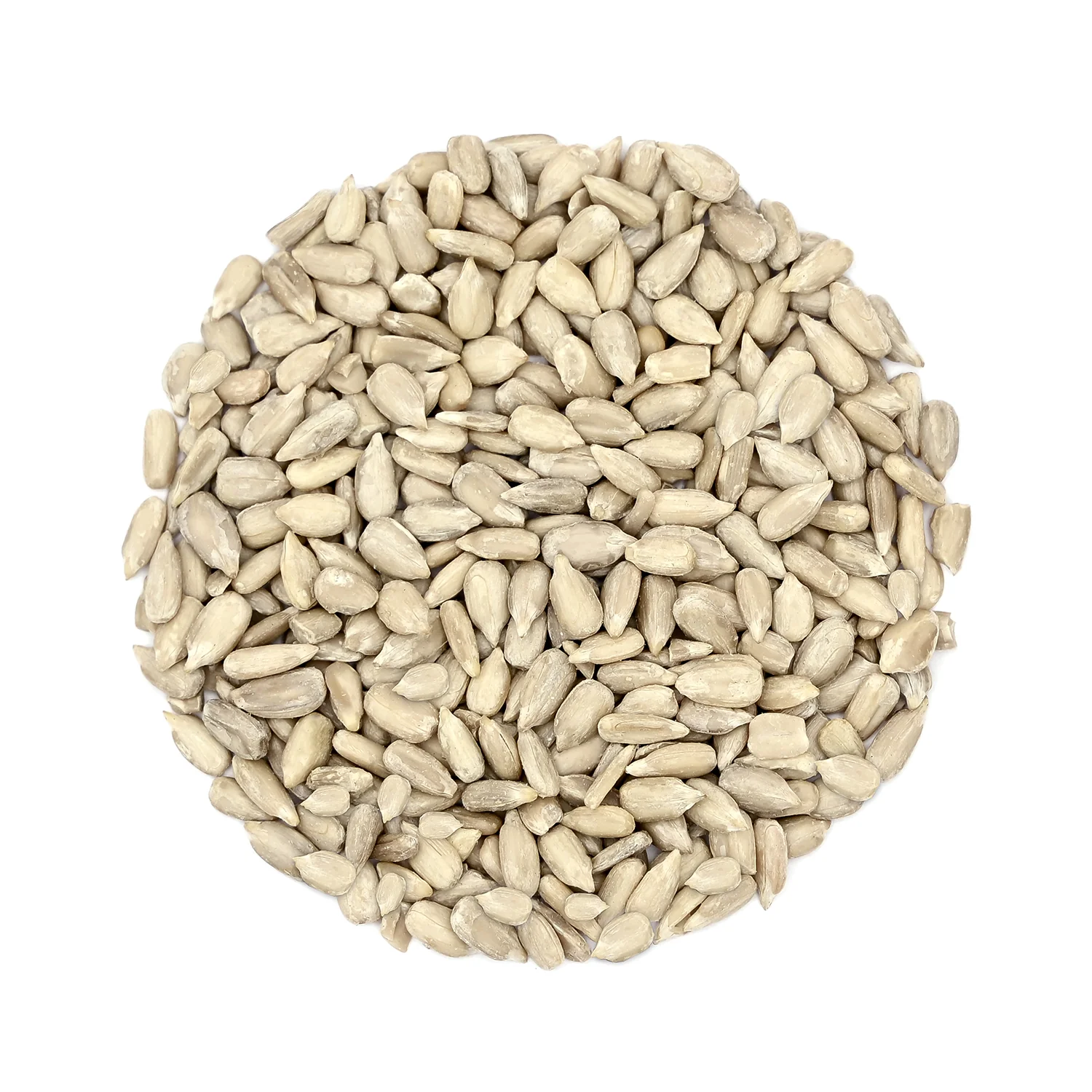Sunflower Seeds
Introduction & History
Safflower (Carthamus tinctorius) is one of the oldest oilseed crops in the world, cultivated for more than 2,000 years. Traditionally valued for its oil, dye, and medicinal uses, safflower has regained global importance as a healthy edible oilseed due to its low saturated fat content. In India, safflower is primarily grown for oil extraction and as a popular bird feed ingredient, thanks to its bold size and whitish color.
Cultivation & Harvest
India produces about 4,40,000 MT of safflower seeds annually.
Major growing states: Maharashtra, Karnataka, Telangana, Madhya Pradesh.
Harvest Season: February – March every year.
Quality Specifications
Oil Content: 28–32%
Moisture: ≤ 10%
Appearance: Whitish, bold seeds, uniform size
Special Demand: International bird feed industry
HS Code: 12079100 (Safflower seeds, whether or not broken)
Packing & Container Loads
Standard Packing: 25 kg / 50 kg PP or jute bags
Container Capacity: 19–20 MT in 20-ft, 25–26 MT in 40-ft
Cleaned, machine-sorted, and quality-checked before shipment
Certifications & Compliance
Every shipment of safflower seeds from I Kar Exports is backed with:
APEDA & Spice Board RCMC
FSSAI License
Phytosanitary Certificate
SGS Quality Inspection Report
Health Certificate (for destination country requirements)
Export Markets
Indian safflower seeds are exported to USA, Canada, Europe, Middle East, and African countries. Their mild oil profile makes them ideal for edible oil extraction, while their size and whiteness make them a premium choice for bird feed producers worldwide.
✨ I Kar Exports – Supplying India’s finest safflower seeds with purity, consistency, and trust, from our farms to the world.




